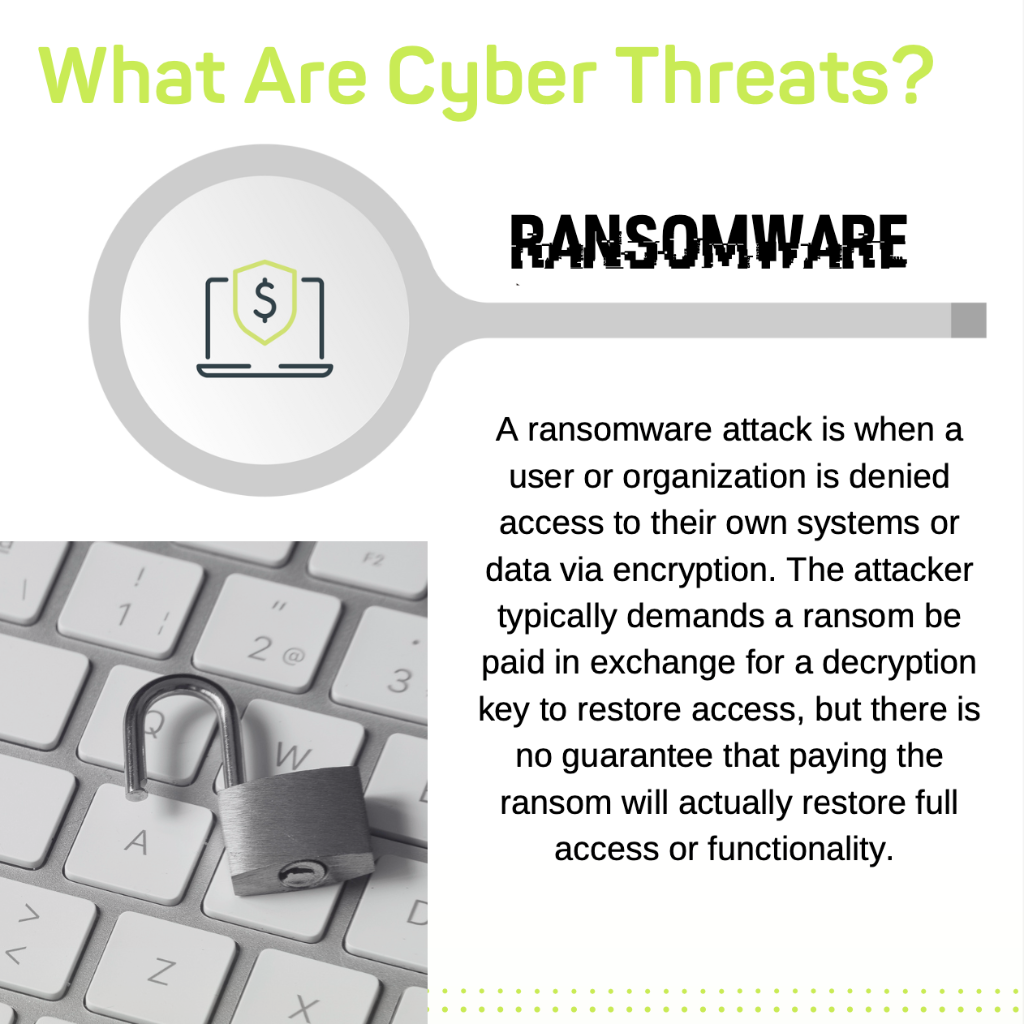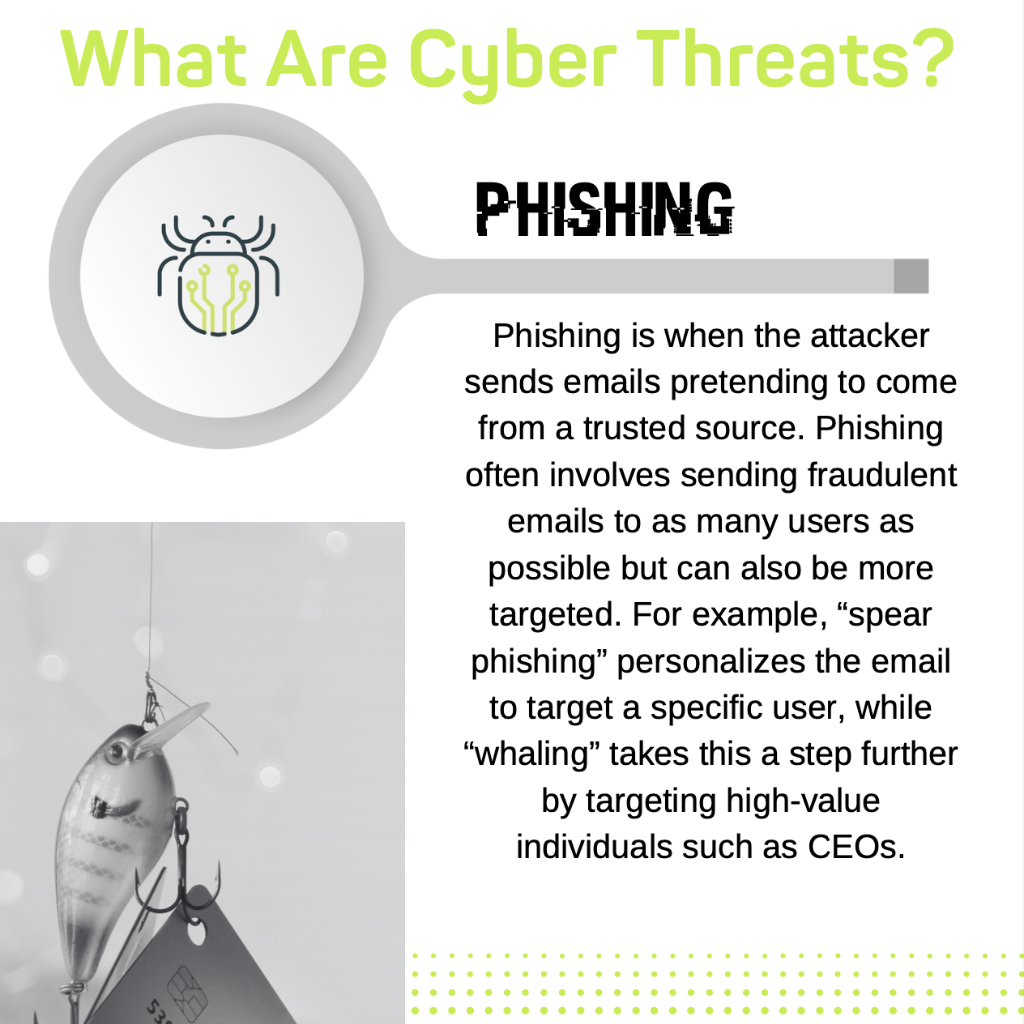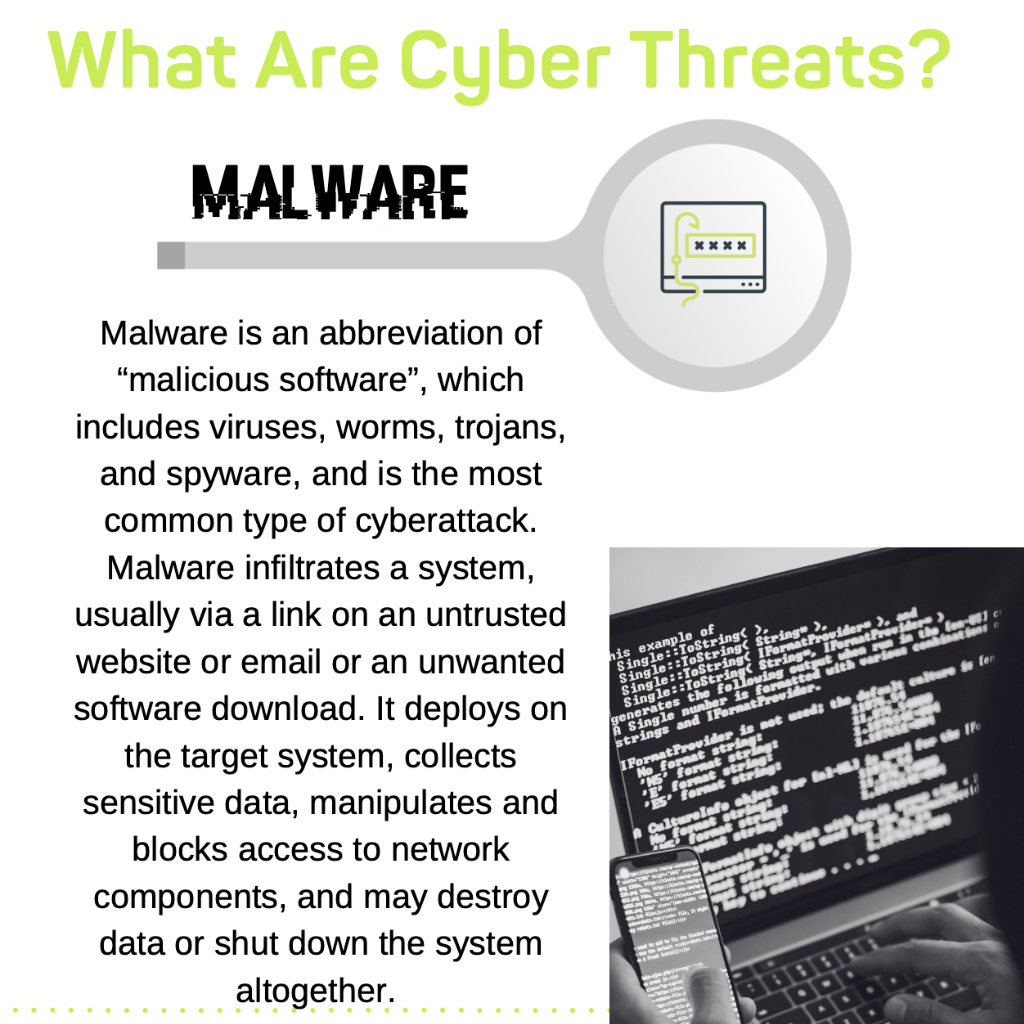How Devfuzion is Helping Small Businesses Protect Their Data and Reputation
Cyber-attacks against businesses are in the news weekly. Whether a big business’s customers’ data or credit card information gets leaked online, or patients’ valuable health information is held for ransom – cyber security is a serious issue businesses need to be prepared for. With the rise of Artificial Intelligence, attacks are getting harder to block, and the number of attacks is growing every year.
The Overlooked Victims: Small Businesses
Small-business breaches are neglected and underreported even though they account for 43% of cyber-attacks. Financially motivated adversaries find Small—to medium-sized businesses (SMBs) to be easy targets due to their insufficient security controls and shortage of skilled resources.
“Every company of all sizes should take cybersecurity seriously,” said Jeremy Karmy, Infrastructure/Security Architect of Devfuzion. “Bad actors do not have a size requirement. That’s why small businesses are a target. My first piece of advice for small businesses is to break that thought cycle.” However, that cycle continues to be ignored, even though the FBI reported that the cost of cybercrimes to small businesses reached $2.4 billion in 2021, and 42% of SMBs who were surveyed had no plan for responding to an attack. Now would be a good time to hire that big brother.
Companies like Devfuzion, a Managed Service Provider (MSP), offer outsourced IT management and cybersecurity services to address these challenges. By leveraging the expertise of certified professionals, SMBs can benefit from proactive threat monitoring, vulnerability testing, and timely software patching without the need for a full-time in-house IT team.
“We have certified penetration testers,” Jeremy said. “Without routinely testing your business’s security against constantly evolving threats, you can never know for sure if it will be able to stand up to the test when you need it most. SMBs’ tend to be behind the required frequency of patching holes in their network’s security and too busy running the aspects of their business. To keep up with the vulnerabilities, patching and refreshing systems requires serious budgets and efforts, a luxury SMBs [believe they] can’t afford. Adversaries are aware of this and take advantage of SMBs.



Your Best and Worst Line of Defense
You can have the best security system at your house, but it won’t do you any good if you open the door and let the bad guys walk right in. “The best way to secure a network is to train your people and utilize security tools for when you know there’s an ‘oh crap’ moment,” Jeremy said. “I say all the time that I can put whatever layer of security tools in place; however, if a thief comes and knocks on the door and you let him in, now we really have to get to work.” Unfortunately, most hackers gain access to a company’s network by an untrained employee opening the door and letting them in. This typically comes from clicking a link in an email. At that point, you shift from protection to getting the bad guys out as soon as possible to minimize the damage, which can cost your business thousands or millions of dollars, all while crippling your digital capabilities.
“I think that’s the biggest thing: getting employees trained and doing it consistently, you know, at least quarterly, but if you can get them to do it monthly, it’s such a minimal cost,” Jeremy said. And he doesn’t want protection to be reserved only for the companies that can afford it. That’s why Devfuzion offers training to anyone, even if they are not a customer. “We will go and do in-person cyber security training for free, even for people who are not our customers. Our whole thing is we’re here to protect our community whether or not you’re our customer. I’m all about helping the community stay protected and spreading a wealth of knowledge about cybersecurity. But I would say training is the biggest need and, I think, the hardest thing to get done these days.”
The Future of Cybersecurity
According to data provided by Devfuzion, cybersecurity spending is estimated to exceed $188 billion in 2023. In the next five years, cybersecurity is expected to see significant technological advancements, focusing on artificial intelligence, machine learning, and cloud security, furthering the need for SMBs to invest in better protection.
With companies adopting a more hybrid work environment, staying connected is imperative. However, this also increases the likelihood of an attack. “We as a cyber community must consistently take the offensive position from here on out and continually update our approaches to these threats. We must come to terms with the fact that things will never return to the way they once were,” Jeremy said. “Things are changing every day, and we must too.”
Cybersecurity is no longer an optional investment for businesses but a necessity. By partnering with experienced cybersecurity providers like Devfuzion, implementing robust security measures, and creating a culture of cyber awareness, companies can better protect themselves against the ever-evolving threat landscape.







